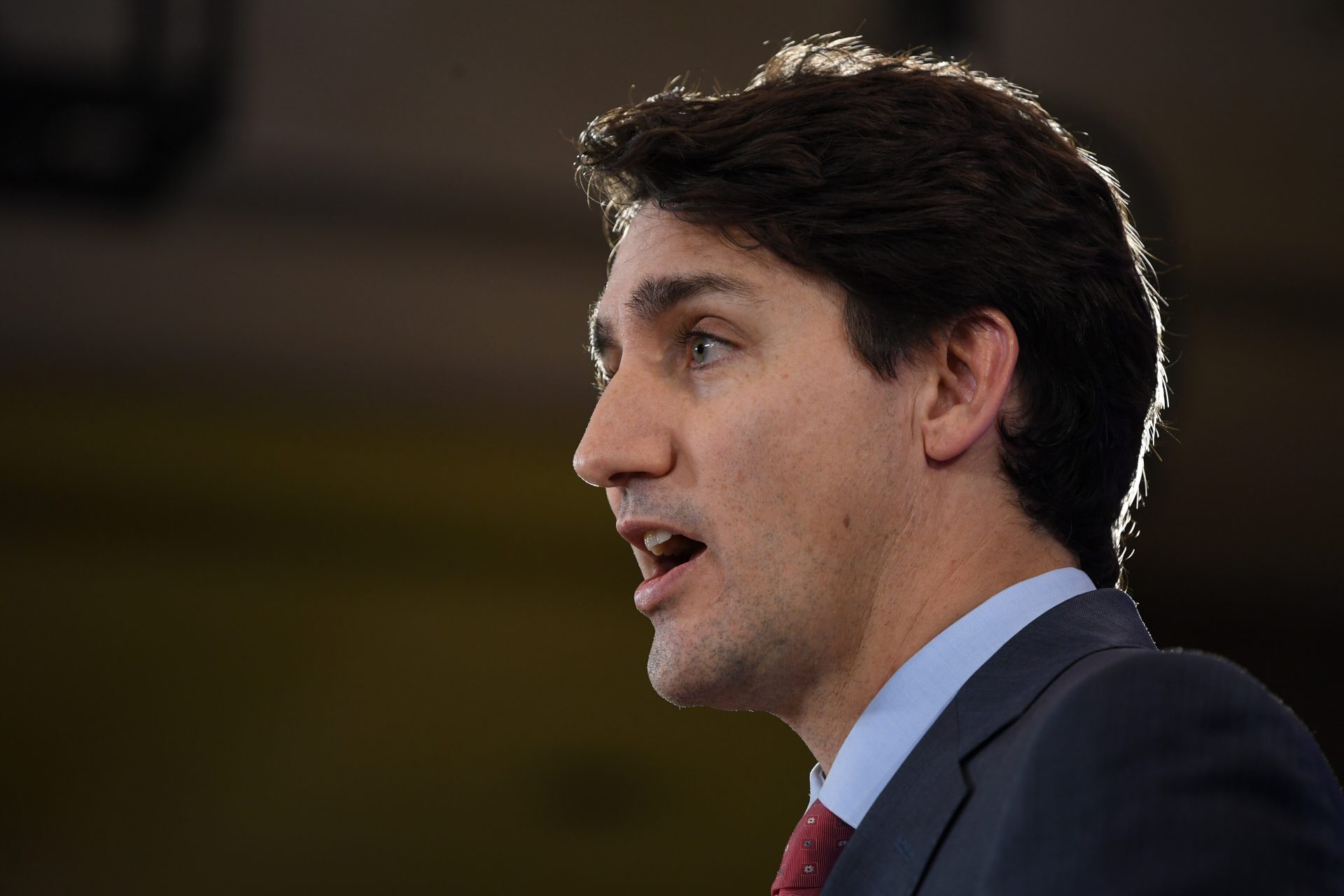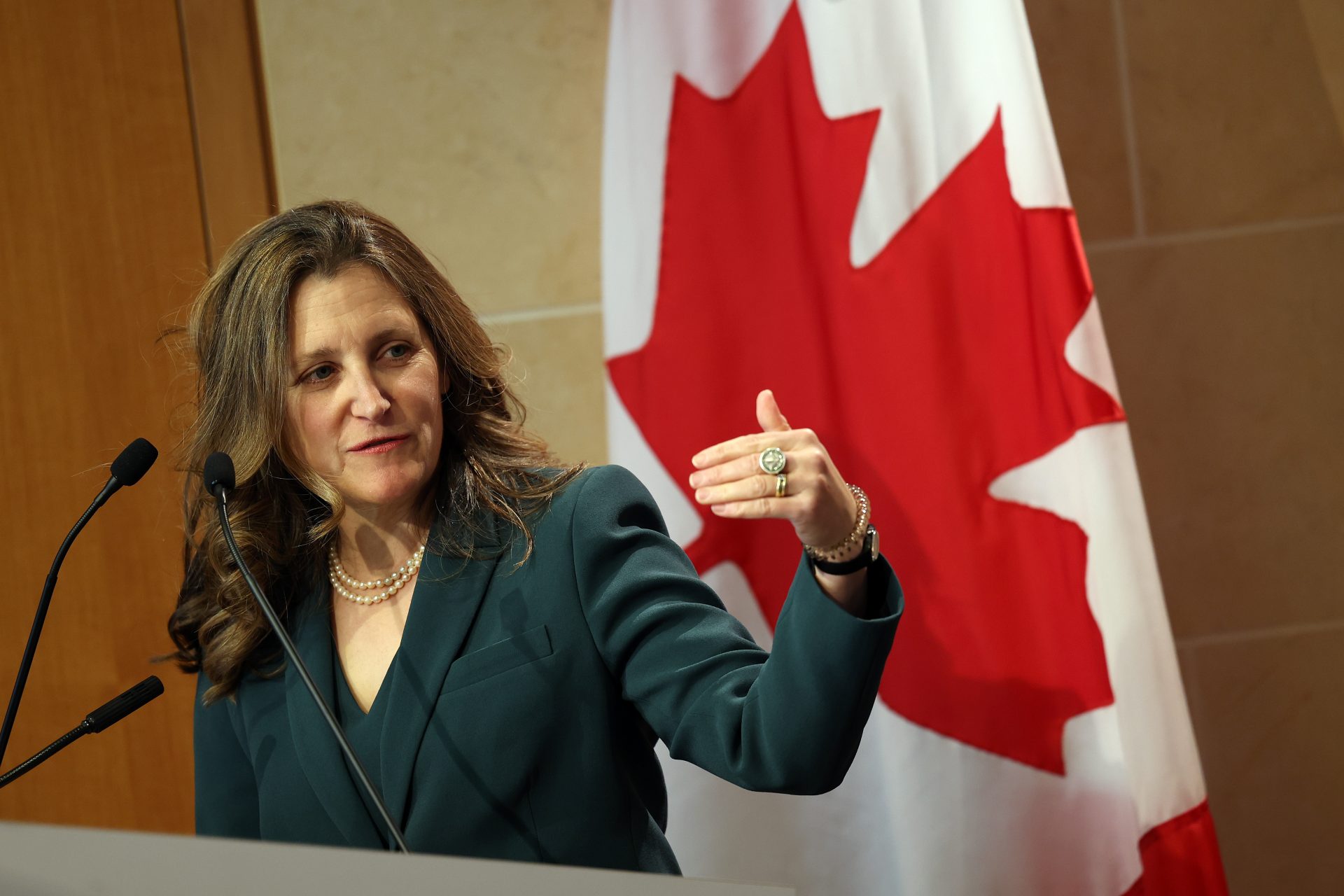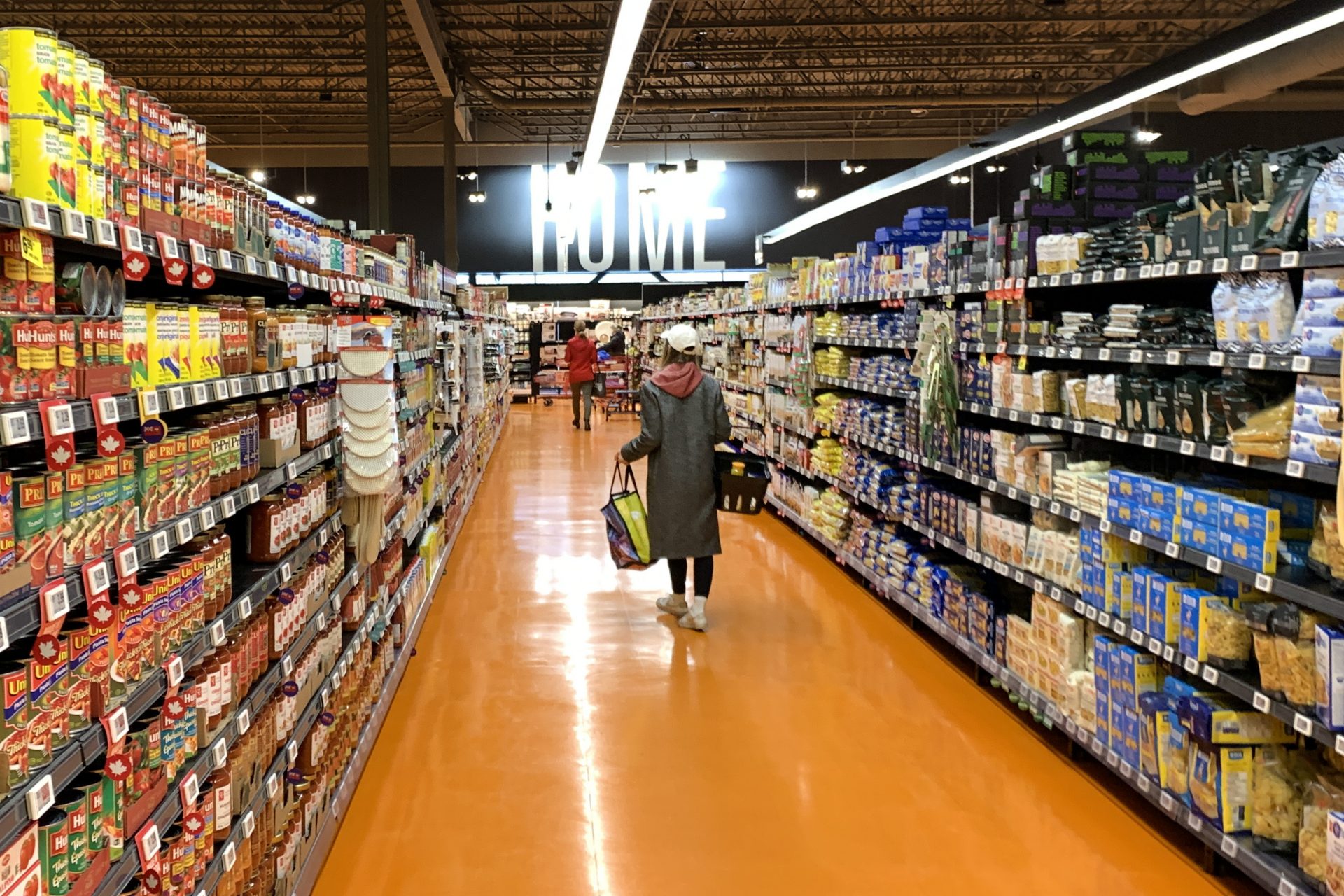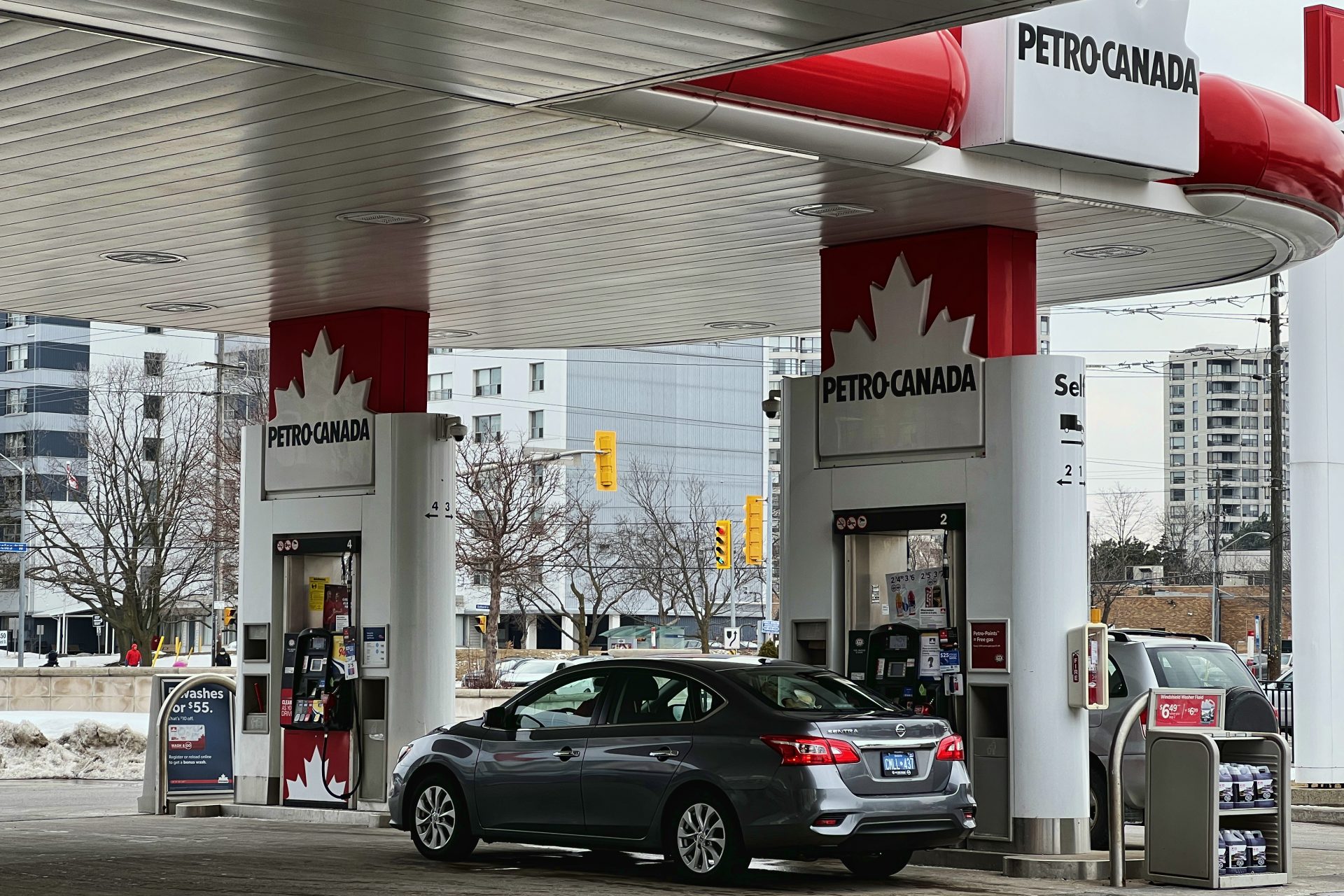Inflation in Canada continues its decline as country reaches normality
The inflation rate in Canada has finally returned to target levels after years of record inflation that saw the country's citizens suffering under ever-increasing prices that were ratcheting up tensions from coast to coast.
Statistics Canada reported that the June 2023 Consumer Price Index rose by only 2.8%. This was the lowest level in more than two years according to CBC News, which noted a decline in gasoline and telecommunications prices helped pull down the country's inflation rate—something that's been a trend ever since inflation started coming down.
Inflation in Canada has been dipping since the new year began and on February 21st, Statistics Canada announced that the country’s Consumer Price Index had only risen by 5.9% year-over-year in January 2023.
“The Consumer Price Index (CPI) rose 5.9% year-over-year in January, following a 6.3% increase in December,” Statistics Canada wrote in their monthly CPI Report at the time.
“Prices for cellular services and passenger vehicles contributed to the deceleration in the all-items CPI,” the government agency added.
Statistics Canada also noted that the biggest contributors to Canada’s continued year-over-year rises in January's inflation were the country’s high mortgage interest costs and its rising food prices, something that become a major national political issue.
"It's like everything is being doubled in price," one Ontario grocery store customer told Jenna Benchetrit of CBC News outside of a Toronto No Frills at the time. "Almost every time I come back, there's another addition to the price."
Prices in Canada’s grocery stores rose by 11.4% in January according to Benchetrit, who also pointed out that Statistics Canada pegged products like meat, vegetables, and bakery goods as rising faster than other foodstuffs.
“Fresh and frozen chicken was especially pricey,” Benchetrit wrote, “rising nine percent from December—an increase that Statistics Canada attributed to seasonal demand, supply issues, and the impacts of avian flu.”
The recent data from Statistics Canada showed that grocery store prices still remained high in June with a 9% year-over-year increase, so Canadians aren't feeling the relief yet when it comes to daily food costs.
Much of the rise in food inflation back in January was due to the increased cost of gasoline according to Statistics Canada, which was affected by Winter Storm Elliot.
“Gasoline prices contributed the most to the month-over-month increase in the all-items CPI, rising 4.7% in January,” Statistics Canada's report read.
“The price increase was related to refinery closures in the southwestern United States following winter storm Elliot,” Statistics Canada added.
Year-over-year gasoline prices in Canada rose 2.9% according to Canada’s national statistics agency, and that was down slightly from December's 3.0% increase.
The June year-over-year decline in gasoline prices reached 21.6%. Sadly, this hasn't seemed to have affected food prices in the country yet.
Statistics Canada did convey some good news in their inflation report back in January. Shelter prices “decelerated” in despite the increase in mortgage interest costs.
“On a year-over-year basis, shelter prices increased at a slower rate, rising 6.6% in January after a 7.0% increase in December,” the report from Statistics Canada stated, a trend that has generally held true but was not updated in June.
Canadians also saw a major reduction in the cost of their cellular services in January with prices falling 7.9% following an increase of 2.5% in December. This trend continued in June and consumers paid 14.7% less for their cellular services year-over-year.
All-in-all it looks as if Canada is in a good position as it recovers but there are signs not all is well. The Bank of Canada is still raising its interest rates even as the country enjoys the lowest inflation of all the G7 countries according to CP24.
More for you
Top Stories
































